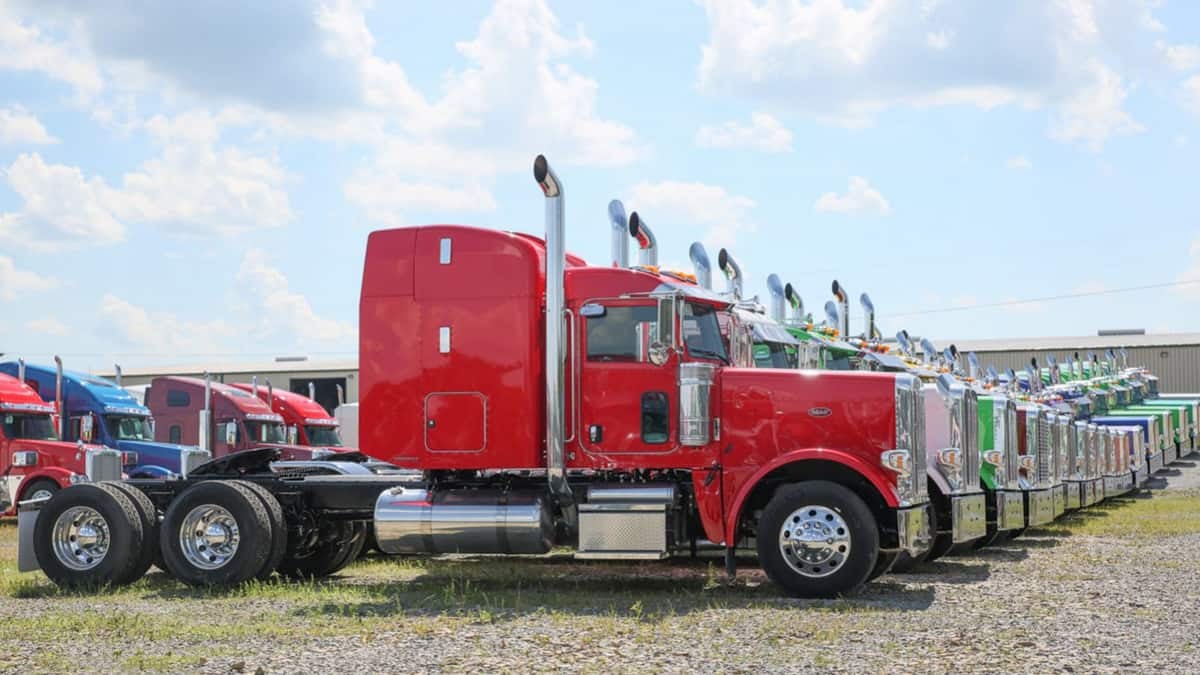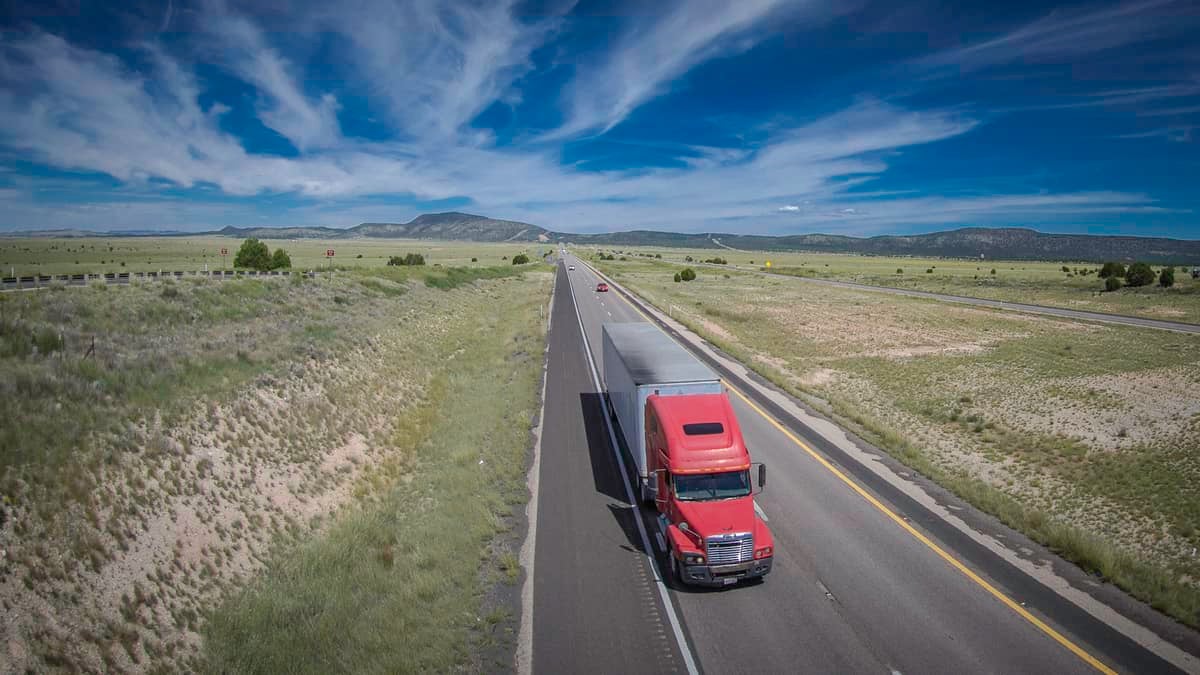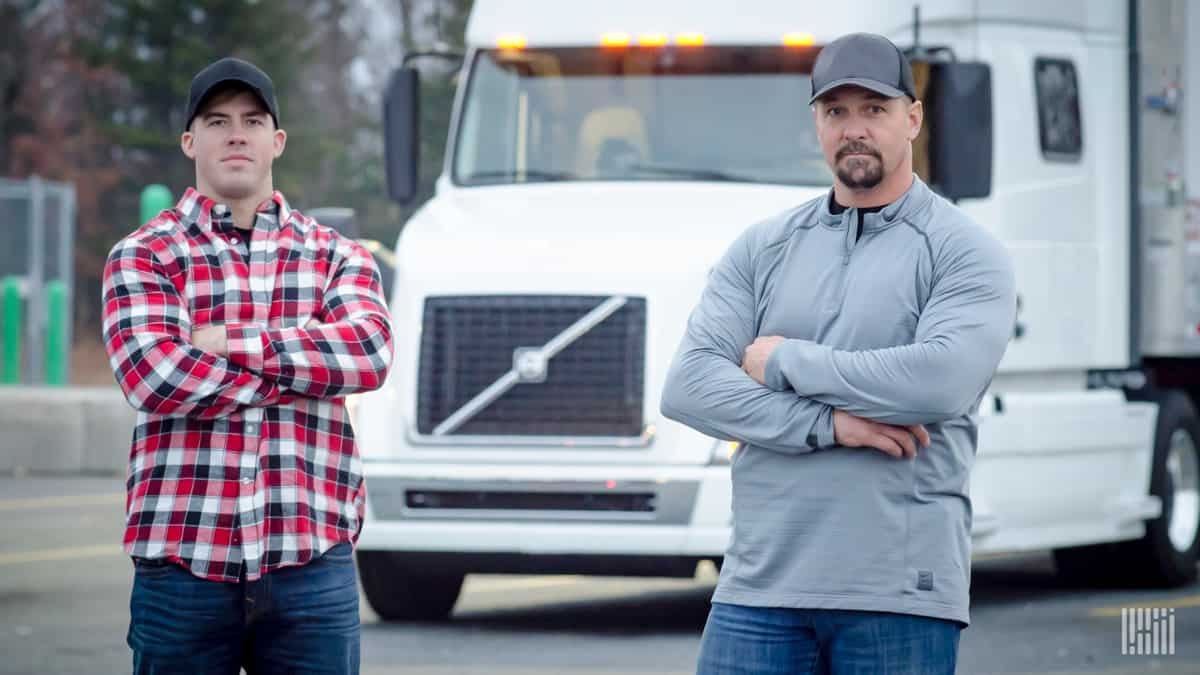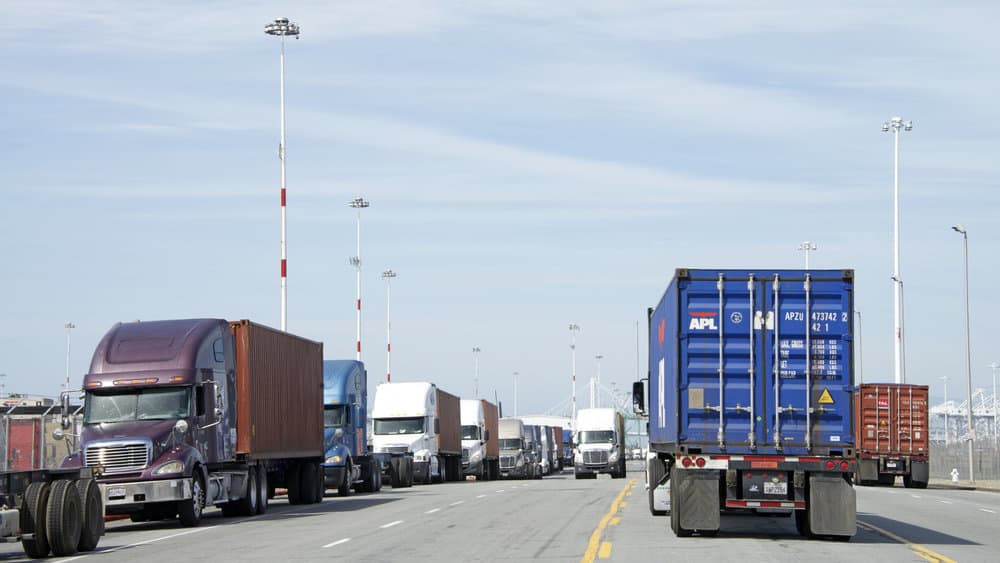The trucking industry is vital to the American economy. Whether you have been in the business for years or are looking to get into it, owning a transport company is a tantalizing prospect. With trucks delivering 70% of all cargo in the U.S., there’s a significant potential for profit in becoming a business owner.
There are more than 800,000 professional truckers in America, shipping $700 billion in goods. The rise of e-commerce means more companies will be looking to deliver their products, so the demand for trucking will likely continue to grow. It may be an excellent time to get into the industry.
There are several choices you can make when considering how to start a trucking business. Here are seven of them.

1. Sole proprietorship
There are a few different ways you can structure your company. The least complicated is a sole proprietorship. In this option, a single person owns and operates the entire company, as well as accepts all its legal responsibilities.
Instead of filing the company’s taxes as a business, the proprietor includes them in his/her own tax return. Sole proprietorships are relatively straightforward, so you can set them up and register them without much complication.
The disadvantages of a sole proprietorship lie in liabilities. If you are the sole proprietor, you have to accept any liability personally. If a person or company takes legal action against your company, defending yourself will come out of your own pocket.
2. Partnership
If you are starting your business with one or more other people, you can register it as a partnership. Partnerships can be either general or limited; both having advantages and disadvantages.
A general partnership is essentially a sole proprietorship shared between two or more people. The business acts as an extension of its owners, so the owners accept all the liability. Sharing liability between more people may help soften the blow of any legal action taken, making a general partnership slightly safer than a sole proprietorship.
A limited partnership involves more legal paperwork but offers more protection. Partners are either general or limited, and limited liability does not include personal assets.

3. LLC
A limited liability company (LLC) offers more legal protection than a sole proprietorship or partnership. LLCs are usually a separate entity from the owners. If someone takes legal action against your trucking LLC, the outcome will affect your company’s assets, but not yours.
Filing as an LLC requires more steps and documentation that vary depending on your state. Often you’ll have to pay a fee to submit these documents. While it takes more work and money to get started, an LLC offers improved protection, which you may want in case of an accident.
Trucking can be a hazardous profession, so you may want more legal protection.
4. Corporation
Like an LLC, a corporation requires documentation outlining different people’s roles within the company. Corporations consist of stockholders who own the company, directors who manage it and officers who run its everyday operations.
To file as a corporation, your company usually needs to submit bylaws and articles of incorporation, though the specific requirements vary from state to state. Different taxes apply to corporations than other types of companies.
Corporations are the most complicated kind of organization in terms of legal work but offer the highest amount of protection. If you have multiple owners or plan to see substantial growth, a corporation might be your best option.

5. ESOPs
When thinking about how to structure your company, you might want to consider an employee stock ownership plan (ESOP) to give you fluidity and security. An ESOP provides your employees with a stake in the company. As shareholders, your workers will be more likely to put the business’s best interests first.
With an ESOP, employees will likely stay with your company longer and ensure its success. Trucking can sometimes have a high burnout rate, but having a share in the company will entice drivers to stay with you.
Employee retention isn’t the only advantage of an ESOP. Since your truckers will benefit from the company performing well, they will likely work harder, ensuring they deliver your clients’ products faster and more carefully. If you ever decide to sell the company, an ESOP will allow you to transfer ownership to employees easily.
6. Leasing equipment
After you’ve organized your business, you’ll have to decide how you want to obtain your trucks. You can either lease or buy your vehicles. By leasing, you can start using your equipment without paying the full price for it.
While you make monthly payments, the leasing company will cover any maintenance or repair costs for the trucks. Not having to cover insurance costs will save you money upfront.
The most significant disadvantage of leasing is that you don’t own your trucks, so the leasing company can enforce its own rules over their use. They can also refuse to lease to you again once your leasing period is up.

7. Buying equipment
Buying your trucks outright will be more expensive upfront, but does offer some advantages. Since you’ll own them, you can make any modifications you want. You can also leverage them by selling or renting them out, should you need the money.
If you buy instead of lease, your equipment will be harder to upgrade if it becomes obsolete. You’ll also have to pay for repairs yourself.
To determine what’s best for your trucking business, look at your assets to see what you can afford. You should also consult local business owners and legal advisors about the best course of action for your location and situation.
Get trucking
Once you understand all the options for starting a trucking company, your path should look much clearer. Get ready to pave your road to success.









Kate Hansen
It was helpful when you said to see what you can afford when getting trucks. My brother was telling me last night about how he is wanting to get some trucks to help with starting his trucking business in a couple of months, and he wants to make sure that he does everything right. I’ll make sure to pass these tips along to him as he searches for ones to get for his future business.
Emily
Great to read this article. This would really help in starting a great trucking business
Smith
An INC is not recommended?
Diya Shree
Wonderful article! Keep engaging us like this,